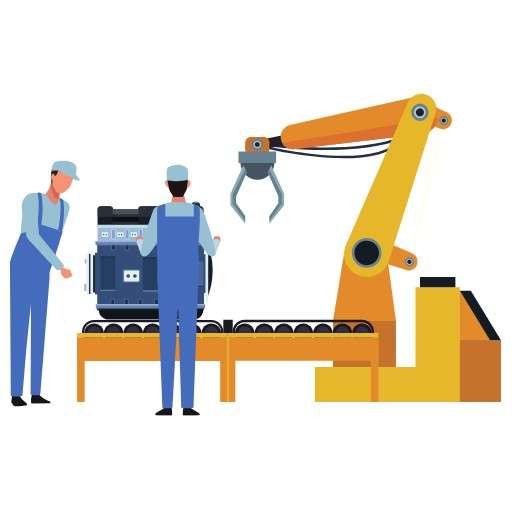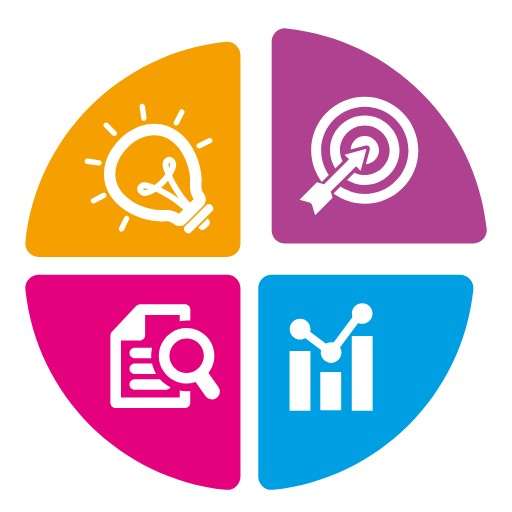Get a Call back
At Technoforte, we deliver digital transformation services that help businesses achieve measurable results with faster processes, smarter operations and stronger customer engagement. From agile startups to global enterprises, we create strategies that accelerate growth and reduce costs with the right mix of cloud, AI, analytics and automation.
As one of the leading digital transformation services companies, Technoforte provides solutions that work for businesses of every size. Whether you are exploring digital transformation services for small businesses or seeking enterprise digital transformation services, our expertise ensures impact from the very first stage.
Leaders often ask: What is a digital transformation service and why is it essential?
In simple terms, it means rethinking how organizations operate and deliver value by using advanced technology. It’s about moving from outdated models to modern, connected and data-driven ways of working.
Examples include:


Our Digital Transformation Services

Cloud Migration
Move to the cloud with confidence. Our expertise ensures a secure, cost-effective transition from legacy systems to modern infrastructure.

Big Data Analytics
Turn complex information into clear insights with our expertise. We enable better decision-making through big data analytics services that enhance market strategies and customer engagement.

AI & Machine Learning
Power your business with predictive analytics and intelligent automation. We bring intelligence to your business through predictive analytics, automation and machine learning models that improve accuracy and efficiency.

Digital Applications
We create business applications that align directly with goals, improve customer experiences and support digital-first strategies. We’re with you at every step to shape your path forward.

Digital Transformation Consulting
Our digital transformation consulting services help businesses map the right path forward. We help out businesses by combining market insight, technical expertise and proven delivery models.

Strategy & Implementation
We bring experience and technical strength to every project. From modernizing IT systems to introducing AI-powered tools, we help you move from planning to measurable results.
The Technoforte Digital Transformation Process
We follow a clear process to ensure successful outcomes for your business needs:
Why Choose Technoforte?

ISO 9001:2015 and ISO/IEC 27001:2022 certified

Success in manufacturing, logistics, financial services, healthcare, automotive and retail.

Lower costs, improved efficiency and greater agility

Strategies built around business priorities, not generic templates
With Technoforte, businesses gain:

Ready to Transform Your Business?
Whether you’re looking for digital business transformation services, digital transformation in financial services, or digital transformation consulting services and solutions, Technoforte is your partner in delivering measurable impact.
Contact Us Today!
Ready for the next level? Let’s connect and make it happen.
Reach us now at +91 (0) 8022589661 (India) or
+1 (646) 369-0493 (USA)
Email us at info@technoforte.co.in
